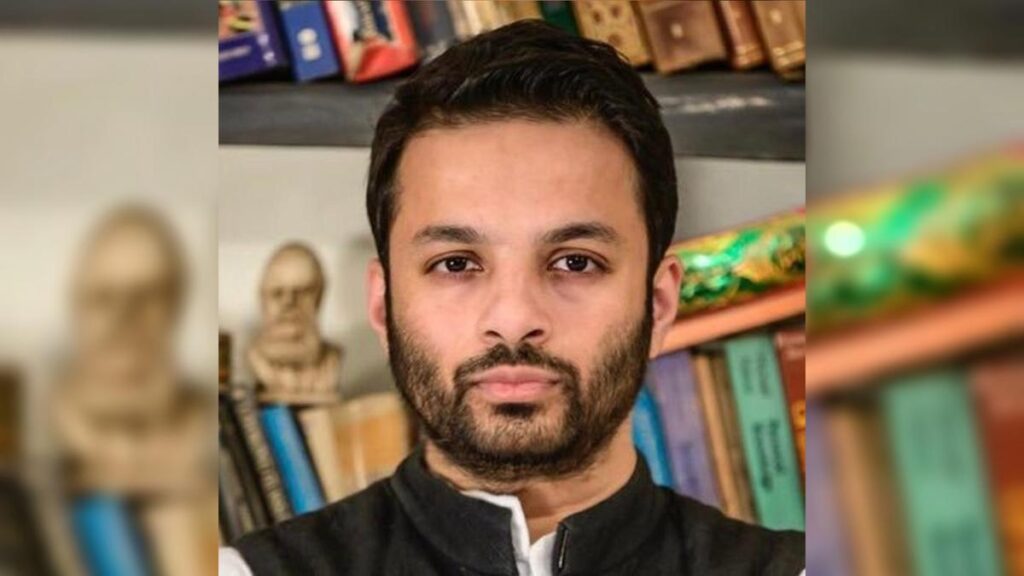Synopsis: The Supreme Court will hear a plea challenging the arrest of Ashoka University professor Ali Khan Mahmudabad for social media posts on Operation Sindoor. Arrested for allegedly endangering sovereignty, he faces two FIRs, with custody orders issued in both cases.
New Delhi: The Supreme Court, on May 19, 2025, agreed to hear a plea by Ali Khan Mahmudabad, an associate professor at Ashoka University, challenging his arrest over social media posts related to Operation Sindoor. Senior advocate Kapil Sibal urged Chief Justice B.R. Gavai for an urgent hearing, claiming the arrest was based on a “patriotic statement.” The court scheduled the hearing for May 20 or 21. Mahmudabad was arrested on May 18, facing two FIRs in Sonipat, Haryana, for charges including endangering India’s sovereignty and promoting enmity.
Controversial Arrest Sparks Debate
Mahmudabad’s arrest followed complaints by the Haryana State Commission for Women and Yogesh Jatheri, a BJP Yuva Morcha leader, over posts questioning the praise for Colonel Sofia Qureshi during Operation Sindoor briefings. The professor called the military’s media optics “hypocrisy” unless matched by societal change. He was remanded to two days’ police custody in one case and judicial custody in Jatheri’s case. The Faculty Association of Ashoka University condemned the arrest as “calculated harassment,” demanding his release, citing violations of academic freedom.
Legal and Political Implications
The FIRs, lodged under the Bharatiya Nyaya Sanhita, accuse Mahmudabad of inciting communal disharmony and insulting women officers. He maintained his remarks were misunderstood, emphasizing his support for the armed forces and India’s diversity. Opposition leaders, including Asaduddin Owaisi and CPI(M), criticized the arrest as an attack on free speech. The Haryana Police’s actions, including transferring Sonipat’s Police Commissioner after a Women’s Commission complaint, highlight the case’s sensitivity. The Supreme Court’s ruling could set a precedent for balancing free expression and national security.
Conclusion: The Supreme Court’s hearing on Mahmudabad’s arrest will scrutinize the boundaries of free speech in sensitive military contexts. The case underscores tensions between academic freedom and national security, with significant implications for public discourse in India.


